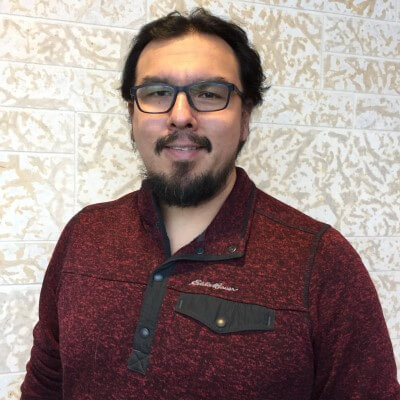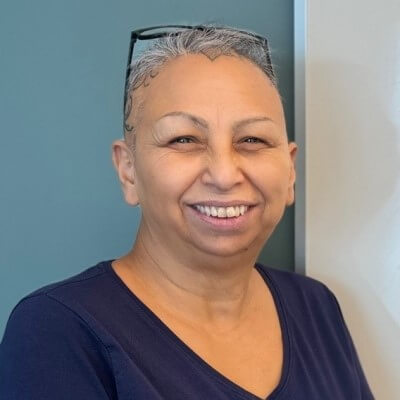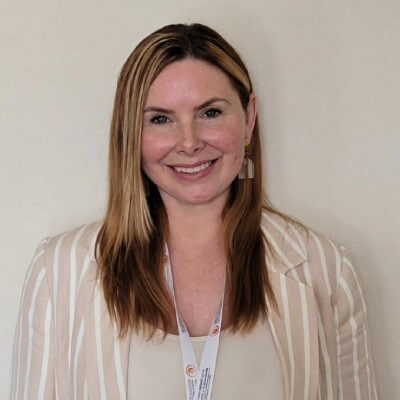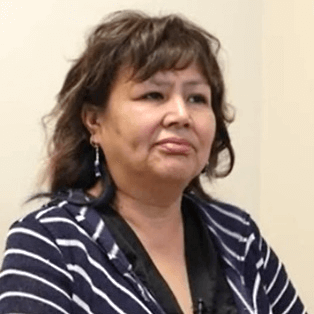Indigenous Health
IERHA realizes the need to change the view of Indigenous health within the region and understand the resiliency of this population as a key foundation on which to improve Indigenous health outcomes. The purpose of the region’s Indigenous Health Strategy is to guide the Interlake-Eastern Health Region and potential Indigenous and non-Indigenous partners in the region toward a shared understanding that addressing health inequities cannot occur in isolation, but rather through working together. This strategy dovetails with the strategic goals outlined in the regional strategic plan.
A National Residential School Crisis Line has been set up to provide support to former residential school students. This 24-Hour Crisis Line can be accessed at: 1-866-925-4419
Indigenous Health Strategy
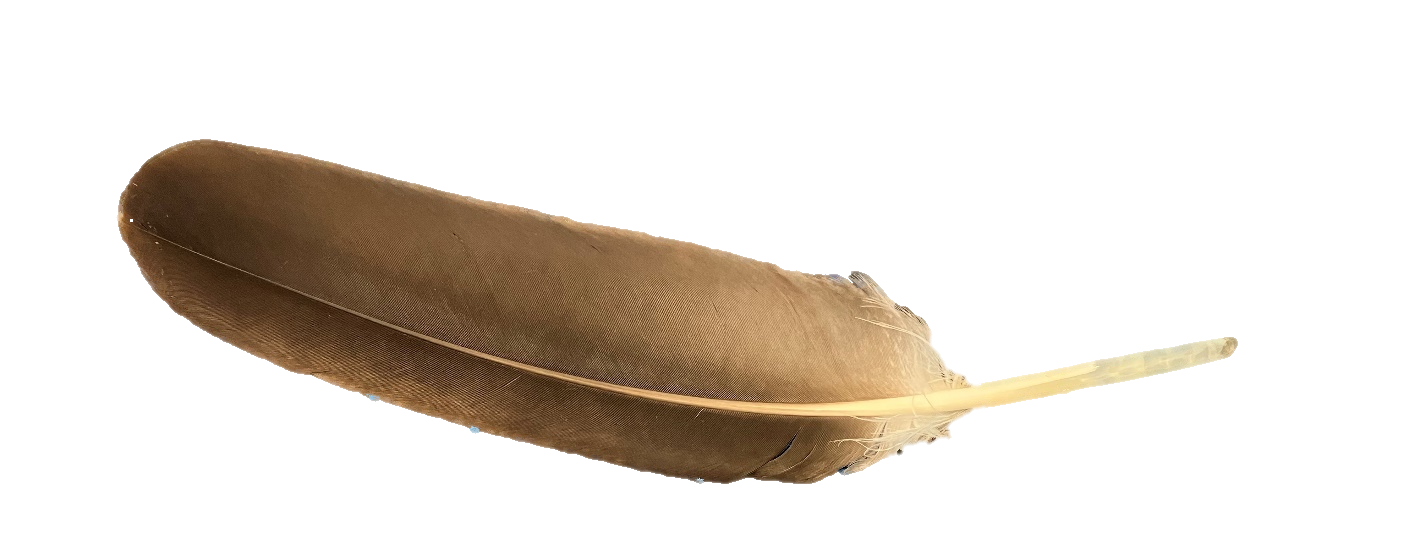
IERHA realizes the need to change the view of Indigenous health within the region and understand the resiliency of this population as a key foundation on which to improve Indigenous health outcomes. The purpose of the region’s Indigenous Health Strategy is to guide the Interlake-Eastern Health Region and potential Indigenous and non-Indigenous partners in the region toward a shared understanding that addressing health inequities cannot occur in isolation, but rather through working together. This strategy dovetails with the strategic goals outlined in the regional strategic plan.
The Truth and Reconciliation Commission of Canada: Calls to Action contains a number of actions specific to health. We are committed to incorporating the spirit of these Calls to Action as they relate to the culture, programs and services provided in Interlake-Eastern RHA. To that end, they are foundational to the Indigenous Health Strategy and IERHA’s overarching strategic plan.
Patient Services
Interlake-Eastern’s Indigenous Health team, and our new Indigenous Elder Knowledge Keeper who is part of Ashern’s medical withdrawal team, are tangibly contributing to health service delivery that aligns with the four strategic directions. Their skills and cultural understanding are welcomed as part of our care teams and by patients who take comfort and healing from the care they contribute.
Adam Sanderson
Director, Indigenous Health
Prior to joining Interlake-Eastern RHA, Adam worked with Sagkeeng First Nation Health Centre for 12 years, five of these years were in the position of health director. He is a business administration graduate and is currently working on a bachelor’s degree in social work. Adam directs and oversees the Indigenous Health program and liaises with community partners. His office is located in Pine Falls Health Complex.
Cara Widrick
Indigenous Elder
Cara Widrick, the Indigenous Elder for Selkirk Regional Health Centre provides cultural guidance, personal consultation, active listening, support and mentorship to patients at SRHC and their families on an as needed basis. Her work at the hospital is to help families on the obstetrical unit bring new babies into the world in a culturally safe manner. Cara has over 38 years supporting cultural ways of being, knowing, and healing in various settings.
Jamie Boyer, RN, BN
Manager Indigenous Health
Jamie is a First Nations registered nurse from the Sagkeeng First Nation who previously worked as manager of health service in the Healthy Sexuality and Harm Reduction Program at WRHA. She has over 10 years working in the health system that includes a wide scope of experience that includes public health, home care, primary care, and acute care. In addition to advocating on behalf of Indigenous patients and communities in our region, Jamie supports the work of the Indigenous Health Skaabes at Selkirk Regional Health Centre.
Jaycee Seenie
Indigenous Health Skaabe
Jaycee is an Indigenous Health Skaabe at Selkirk Regional Health Centre with previous experience working in the materials management department at a southern RHA. He also brings experience facilitating cultural activities like drum making and singing. The Indigenous Health Skaabe ensures cultural safety for Indigenous patients during their stay and throughout the discharge planning process in hospital. This includes advocacy, navigation, relationship building, interpreting and facilitating health education for clients with major emphasis given to language and cultural differences.
Robert Maytwayashing
Regional Knowledge Keeper, Indigenous Health
Robert Maytwayashing was raised on Lake Manitoba First Nation. He is fluent in Anishinaabaemowin (Ojibwe) and he is a pipe carrier, sweat lodge keeper and attends the annual ceremony of Sundance, amongst other ceremonies. Over the years, Robert has served as both a council member and chief of Lake Manitoba First Nation. Prior to becoming the regional knowledge keeper, Robert was Interlake-Eastern RHA’s Indigenous human resources development officer.
Working under the Medical Withdrawal Team operating in Ashern
Cheryl Sinclair
Indigenous Elder Knowledge Keeper/Counsellor, Mental Health
Cheryl is a part of the team offering withdrawal management services and patient care. A resident of Lake St. Martin First Nation, for many years she worked with the local health centre. Her ability to speak Anishinaabaemowin (Ojibwe) and training in applied counselling at Red River College Polytechnic helps in her support of Indigenous patients and families, encouraging trust. She connects people with community health teams on pathways in and out of the withdrawal management service. She works in hospital and in community providing culturally safe healing and care and education to staff to ensure that individuals’ cultural needs are met
Indigenous Health Committees
We’re always looking for new voices on the following committees. Reach out at anytime if you’re interested in participating.
1. Indigenous Health Advisory Committee
Advises the Board of Directors on matters affecting Indigenous people consistent with the Interlake-Eastern RHA Strategic plan, legislation, commission reports and other relevant sources. Interested applicants can email: info@ierha.ca their name and contact information.
Giigewigamig Traditional Healing Centre
Giigewigamig Traditional Healing Centre is located in the Pine Falls Health Complex.
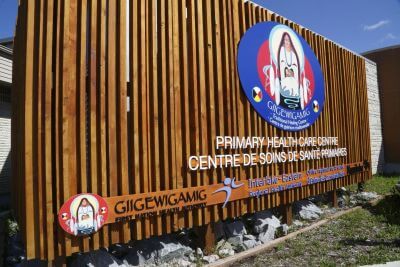
Giigewigamig Traditional Healing Centre opened to the public in Spring 2017. The addition was designed to provide better, more culturally appropriate health care services to families in Sagkeeng, Black River, Hollow Water, and Bloodvein and the surrounding Métis communities. The redevelopment provides space for traditional healers and elders, an additional nurse practitioner, a First Nation and Métis outreach liaison, a medical lab assistant and spaces for support services.
The Giigewigamig First Nation Health Authority is independently operated by the GFNHA Elder Council, representing its member First Nations of Sagkeeng, Black River, Hollow Water and Bloodvein. We are located at the Pine Falls Health Complex. “Giigewigamig” means “A place of healing,” in Ojibway which was named by the Rev. Ernest McPherson Senior of Black River. Tammy Constant is the operations manager for Giigewigamig Traditional Healing Centre.
The mission is to create a place in the hospital for loved ones to support family members who may be ill and seeking care in the hospital and:
- Offer a place where family can prepare traditional meals and medicine for loved ones in the hospital
- Provide access to First Nations traditions, culture, language, healing ceremonies, medicines, and teachings to provide holistic and natural care for all people
- Assist community members to coordinate spiritual, emotional, mental, and physical care that meets their needs
- Provide patient interpretation and advocacy
- Inspire a new standard of quality health care, and advocate for greater accountability to honour the Treaty Right to health through the jointly coordinated services of Giigewigamig, the Interlake-Eastern Regional Health Authority, the Province of Manitoba and Health Canada.
Disrupting Racism
At our core, as health care workers, we are committed to the compassionate and professional support and delivery of health services for all, regardless of race, religion, language or global events. It takes a collective effort to stand up and effect change.
Interlake-Eastern RHA is an active participant in provincial initiatives to improve equity for Indigenous, Black and Racialized individuals and communities by improving access and experience across our health system while making steps toward better health outcomes.
Report an incident of racism, review cultural resources or read about our racial climate survey here: Disrupting Racism in Health Care – Interlake-Eastern RHA



